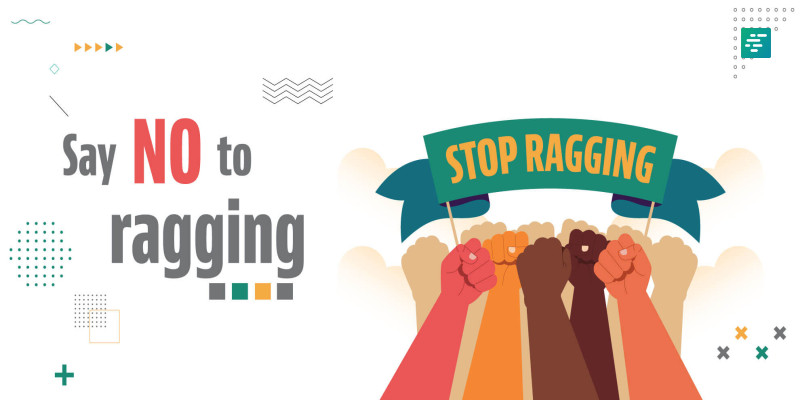
UGC Advises Universities, Colleges to Enhance Anti-Ragging Protocols For New Academic Session
- Campus Updates
- 03 May, 2024
- 731
The University Grants Commission (UGC) has requested that all colleges and universities strengthen their anti-ragging measures before the start of the upcoming academic year. The UGC’s announcement dated April 18, 2024, follows the Supreme Court of India’s judgement of May 8, 2009, which emphasises on the necessity to handle the matter effectively. These rules are intended to prohibit, prevent and eradicate ragging, which is a criminal offence.
The UGC has made it clear that it views ragging as a criminal offence and has framed “Anti-Ragging Regulations on Curbing the Menace of Ragging in Higher Educational Institutions.”
The UGC notification states that all institutions must abide by the rules and take the appropriate actions to ensure their compliance, such as setting up monitoring systems. Institutions that violate these rules risk facing severe measures. Violations of these restrictions will be taken very seriously, the official notification stated.
The Supreme Court has ordered the creation of district-level anti-ragging committees in order to guarantee successful implementation. These committees are headed by the District Collector/Deputy Commissioner/District Magistrate; members include the Head of the relevant University, College or Institution; members also include the Superintendent of Police/SSP of the District; and members are represented by the Additional District Magistrate as Member Secretary.
To further ensure vigilance on incidents that may fall under the definition of ragging, representatives from student organisations, local police, and district-level non-governmental organisations actively involved in youth development programmes, local media, local administration, and institutional authorities will be part of these committees.
The announcement also stresses how crucial it is to plan outreach programmes to educate people about the laws and the negative effects of ragging.
It is recommended that institutions organise preparatory meetings over the summer break to evaluate their readiness and adherence to policies and procedures.
If found guilty of violating the anti-ragging laws, students face a three-year jail sentence and a fine. Legal action may be taken against a college under the law if it disobeys the regulations or ignores the issue. The UGC has established guidelines about student behaviour in an effort to prevent ragging in colleges.
These guidelines state that it is deemed ragging if a student’s appearance or attire is criticised, or if their self-respect is violated. A student will also be considered to have been insulted on the basis of his/her ethnicity, caste, area, language, etc. If a student is pushed to perform any task, this is also considered ragging.
